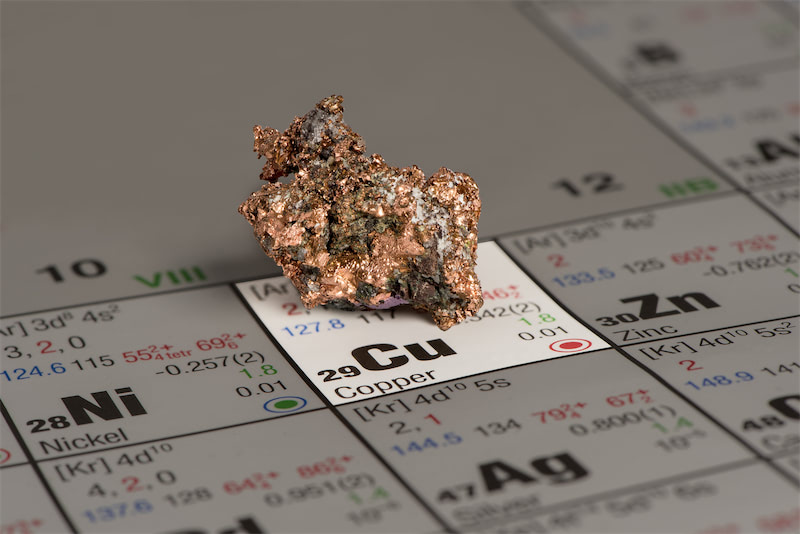SMM Tin Morning Brief on November 11, 2025:
Futures: The most-traded SHFE tin contract (SN2512) opened slightly higher in the night session before pulling back slightly, closing at 286,690 yuan/mt, up 0.31% from the previous trading day.
Macro: (1) The Institute of Semiconductors of the Chinese Academy of Sciences announced that researcher You Jingbi's team made significant progress in perovskite solar cells, developing a prototype with a photoelectric conversion efficiency of 27.2% and significantly improving its operational stability, laying a key foundation for the industrialisation of perovskite solar cells. The related research results were published online in the journal Science. (2) The MIIT issued a notice on the management of average fuel consumption and new energy vehicle credits for passenger vehicle enterprises for 2026–2027, setting NEV credit ratio requirements at 48% for 2026 and 58% for 2027. For domestic passenger vehicle producers with annual production below 2,000 units that maintain independent production, R&D, and operations, and for imported passenger vehicle supply enterprises authorized by overseas passenger vehicle producers with imports below 2,000 units, if their average fuel consumption decreases by more than 4% year-on-year, their compliance value will be relaxed by 60% based on the requirements in GB 27999; if the decrease is more than 2% but less than 4%, the compliance value will be relaxed by 30%. (3) Foreign media reported that the world's two largest data center developers have projects near Nvidia's headquarters but may remain vacant for years as local utilities are not ready to supply power. In Santa Clara, California, home to the world's largest AI chip supplier, Digital Realty Trust applied to build a data center in 2019. About six years later, the development remains a shell, awaiting full power connection. A nearby 48 MW project by Stack Infrastructure also sits vacant, while the municipal utility Silicon Valley Power is struggling to upgrade its capacity. The fate of these two facilities highlights a major challenge facing the US tech sector and the broader economy: demand for data centers, driven by the cloud computing and AI boom, has never been higher, but power access is becoming the biggest constraint, mainly due to aging power infrastructure, slow construction of new power transmission lines, and various regulatory and permitting obstacles.
Fundamentals: (1) Supply-side disruptions: Tin ore supply is tightening in major production areas like Yunnan, but most smelters are expected to maintain stable production in November. (2) Demand side: Orders have decreased significantly due to weak demand in the consumer electronics and home appliance markets. Downstream purchasing remained cautious, with high prices significantly suppressing actual consumption. The boost from emerging sectors was limited: although the increase in AI computing power and the growth in PV installations drove some tin consumption, their current contribution scale remains small and insufficient to offset the decline in traditional sector consumption.
Spot market: Market performance remained mediocre, with downstream enterprises showing weak purchasing sentiment. Order situations in East China and South China were poor. As prices fluctuated upward, end-user wait-and-see sentiment intensified, leading to a temporary halt in downstream enterprises' purchasing and restocking operations.
[Data source statement: Except for publicly available information, other data are processed by SMM based on public information, market communication, and SMM's internal database model, and are for reference only, not constituting decision-making advice. The information provided is for reference only. This article does not constitute direct investment research or decision-making recommendations. Clients should make decisions cautiously and not use this to replace independent judgment. Any decisions made by clients are unrelated to SMM.]

![The Most-Traded SHFE Tin Contract Opened Lower and Then Traded Stronger, Spot Market Recovers Amid Downtrend [SMM Tin Midday Review]](https://imgqn.smm.cn/usercenter/WWXJU20251217171753.jpg)
![The most-traded SHFE tin contract fluctuated rangebound during the night session, with downstream enterprises mostly following up with small-lot transactions. [SMM Tin Morning Brief]](https://imgqn.smm.cn/usercenter/bYFQn20251217171752.jpg)
